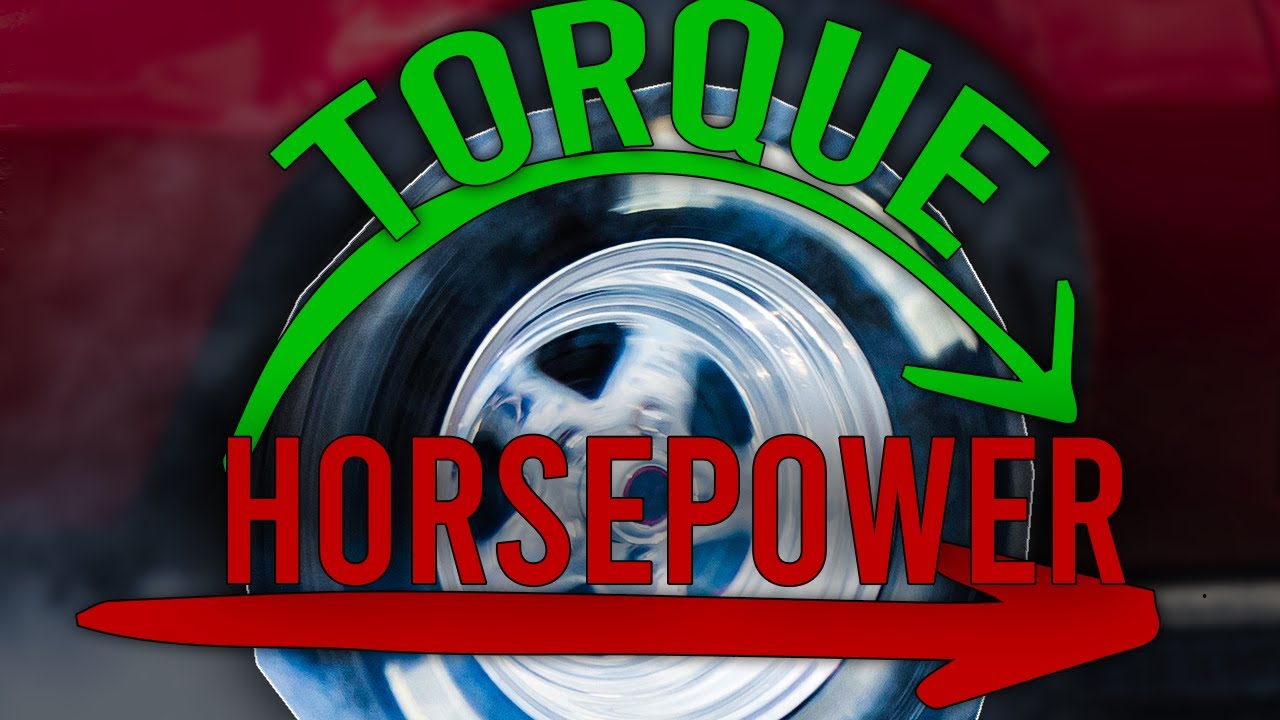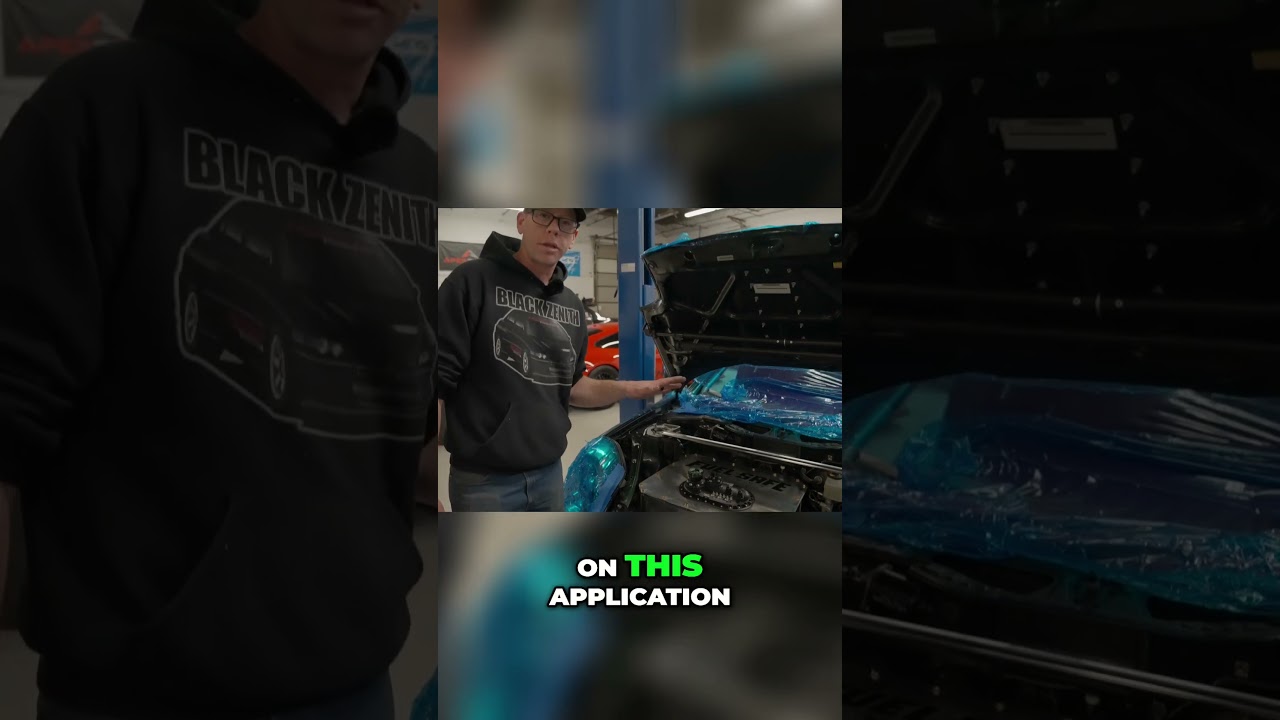Let's define torque. Torque is a measure of rotational force, or how much force an object can exert on another object to cause it to rotate. It is typically measured in pound-feet (lb-ft) or newton-meters (Nm). Torque is often described as the "twisting force" of an engine and is responsible for a vehicle's low-end power and acceleration. Now, let's talk about horsepower. Horsepower is a measure of power, or how quickly work can be done. It is typically measured in horsepower (hp) or watts (W). Horsepower is often associated with high-end speed and power. So, why is it important to understand the difference between torque and horsepower when it comes to acceleration? Well, a vehicle's acceleration can be affected by the balance of torque and horsepower. For example, a vehicle with a high torque output may have strong acceleration off the line, but may not have the same level of acceleration at higher speeds as a vehicle with a high horsepower output. On the other hand, a vehicle with a high horsepower output may not have as much low-end acceleration as a vehicle with a high torque output, but may have better acceleration at higher speeds. It's important to consider both torque and horsepower when choosing a vehicle, as they can both have an impact on its acceleration. If you're looking for a vehicle with strong low-end acceleration, a high torque output may be more important to you. But if you're looking for a vehicle with strong acceleration at higher speeds, a high horsepower output may be more important. There are several factors that can impact an engine's output, including displacement, compression ratio, type of fuel used, and valve timing. So, how are torque and horsepower related? The relationship between torque and horsepower can be described by the following equation: horsepower = torque x RPM / 5252. This equation shows that horsepower is a function of torque and engine speed (RPM). Let's look at an example to better understand this relationship. Imagine we have a car with an engine that produces 200 lb-ft of torque at 2000 RPM. Using the equation above, we can calculate the horsepower to be approximately 75 horsepower (200 x 2000 / 5252). Now, let's say we increase the torque of this engine to 300 lb-ft. The horsepower would now be approximately 113 horsepower (300 x 2000 / 5252). As we can see, the increase in torque had a significant impact on the horsepower at low engine speeds. But what if we kept the torque the same but increased the engine speed to 4000 RPM? The horsepower would increase to approximately 150 horsepower (200 x 4000 / 5252). As we can see, the increase in engine speed had a greater impact on the horsepower than the increase in torque at high engine speeds. So, the relationship between torque and horsepower is complex and depends on the engine speed. At low engine speeds, an increase in torque can result in a significant increase in horsepower. At high engine speeds, an increase in horsepower is more likely to come from an increase in engine speed rather than an increase in torque
.
By understanding the difference between torque and horsepower and how they are related, you can make the right choice for you build. It's important to consider both torque and horsepower, as they can both have an impact on a vehicle's performance and capabilities. ______________________________________________________________
🔴Subscribe to see more hot rods – bit.ly/2UTdkct 🌎Website – lsxhunter.com 👕Merch – teespring.com/stores/lsxhunter 🔊Playlists:
1967 LeMans – www.youtube.com/playlist?list=PLmGAeNGAR8W5eOyQRtngRRIH4Zzypwf_x
1965 GTO – www.youtube.com/playlist?list=PLmGAeNGAR8W5o7BeUGwriWwnvsjQZDU-8
1978 Firebird – www.youtube.com/playlist?list=PLmGAeNGAR8W5DVb7E4tJUlQ-RIPBzc9AZ 🙋♂️Join Us on FaceBook:
Facebook: www.facebook.com/lsxhunter
Group: www.facebook.com/groups/lsxhunter 🛒Want to support LSxHunter? Affiliate Links Below!
Jegs – jegs.ork2.net/LSxHunter
Amazon Tools – amzn.to/2K9moHU
Amazon – amzn.to/2UBMRjC
Dragy – amzn.to/2z71qnJ
Proving Torque is BETTER Than Horsepower

Share with


